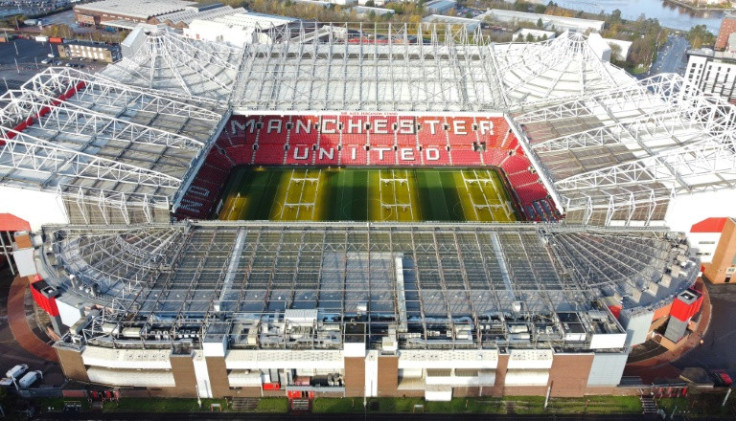
Manchester United is embroiled in discussions with HMRC (Her Majesty's Revenue and Customs) over an unpaid tax bill relating to arrangements with players and agents, raising concerns about the club's transfer plans and financial stability. This development is crucial for the Red Devils as they navigate both on-field challenges and off-field financial scrutiny.
The talks between Manchester United and HMRC have intensified, with the tax authority seeking to reclaim what it deems as owed taxes from numerous Premier League teams. Last year alone, a staggering £124.8 million in overdue taxes from top teams was collected, signalling the seriousness of the issue.
The ramifications of these discussions extend beyond immediate financial obligations. They have the potential to significantly impact Manchester United's transfer strategy, as the club may need to reassess its spending plans for the upcoming summer transfer window. With Sir Jim Ratcliffe expressing eagerness to usher in a new era at Old Trafford, the need to adhere to budget limitations imposed by the ongoing negotiations could pose challenges for the club's ambitions in the transfer market.
Furthermore, recent regulatory measures, exemplified by the case of Nottingham Forest receiving a points deduction for financial breaches, have underscored the importance of financial prudence in football. Manchester United and several other clubs had to exercise caution during the January transfer window, and similar constraints may persist in subsequent transfer periods.
In response to HMRC's scrutiny, the club has emphasised its commitment to ensuring compliance with tax regulations. HMRC, in turn, has pledged to continue monitoring arrangements between clubs, players, and agents to safeguard tax revenues. This collaborative effort reflects the broader imperative within the football industry to address tax risks transparently and proactively.
Manchester United's predicament has broader implications for the club's financial outlook and long-term sustainability. As discussions with HMRC unfold, there is a possibility of future liabilities emerging, as acknowledged in the club's latest financial report. Such uncertainties could further exacerbate financial pressures, necessitating prudent financial management and strategic planning by the club's leadership.
Amid these challenges, Manchester United faces the prospect of player sales to alleviate financial strains. Reports suggest that up to 11 players, including prominent figures like Harry Maguire and Scott McTominay, may be offloaded ahead of the new season. These potential departures underscore the need for the club to strike a delicate balance between financial prudence and on-field competitiveness.
As Manchester United navigates the complexities of its tax obligations and transfer strategy, the club remains steadfast in its commitment to upholding its financial responsibilities while pursuing success on the pitch. The outcome of ongoing discussions with HMRC will undoubtedly shape the club's trajectory in the coming months and beyond as it strives to navigate the evolving landscape of football finance.







